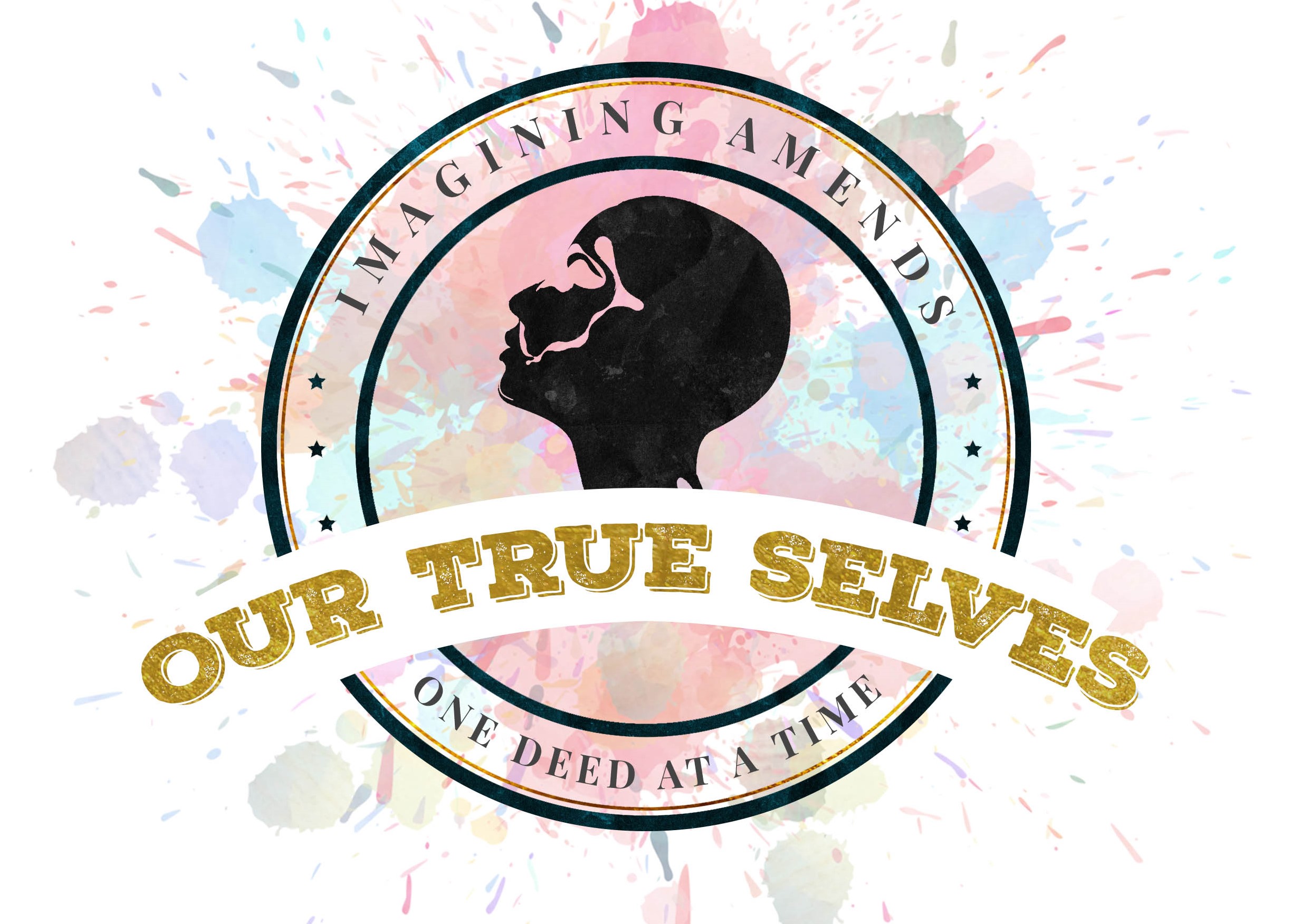“I want to feel that I am thoroughly and completely understood so that now and then I can take my guard down and look out around me and not feel that I will be destroyed with my defenses down.
“I want to feel completely vulnerable . . . exposed and absolutely secure . . . That I can run the risk of radical exposure and know that the eye that beholds my vulnerability will not step on me. That I can feel secure in my awareness of the active presence of my own idiom in me . . . and having learned to listen to that, I can become quiet enough, still enough to hear the sound of the genuine in you.”
Thus declared the 20th century African American mystic and educator, Howard Thurman. What if we were so attuned to one another, that with other listeners we could explore more deeply what he called, the “sound of the genuine” in ourselves and others?
“There is in every person that which waits, waits, waits and listens for the sound of the genuine in herself. There is that in every person that waits—waits and listens—for the sound of the genuine in other people. And when these two sounds come together, this is the music God heard when God said, ‘Let us make [humanity] in our image.’”
For our purposes here, moreover, we do well to ground Thurman’s vision with any number of related methods, disciplines and practices:
Attending to Others No Matter How Different and Innumerable
Thurman scholar Mozella Mitchell once affectionately chided him on behalf of “those who admire his style and character of religious development and leadership but lack the stamina for the kind of rigorous personal discipline Thurman himself undergoes to reach spiritual maturity.” For our purposes here also, Mitchell voices the need for “a little more direction and methodology from Thurman,” while she also recognized that it was “not within his character and intentions to offer such” (Mozella G. Mitchell, Spiritual Dynamics of Howard Thurman’s Theology (Wyndham Hall, 1985, p. 89).
Accordingly, the Thurman legacy still awaits a next generation of practitioners who can fulfill in enduring communities his Disciplines of the Spirit (Friends United Press, 1963).
In that regard I offer here key passages from Thurman’s signature essay called, “The Sound of the Genuine.” That phrase is the functional equivalent of our blog theme, “our true selves,” and provided the focus for Thurman’s legendary Baccalaureate Address at Spelman College in Atlanta, Georgia on May 4, 1980. There he advanced the provocative perspective that human beings continually seek to show our genuine selves even in casual encounters with others. We miss each othter oo often however: “There is so much traffic going on in your minds, so many different kinds of signals, so many vast impulses floating through your organism that go back thousands of generations . . . and you are buffeted by these.” *
Rather than shrug off the call to reclaim and explore the too often estranged identities of others, Thurman invited us to cultivate a discipline of listening: listening for “the sound of the genuine” both in ourselves as well as in others. Indeed, here we need disciplined practices that, similar to other goals and outcomes that we desire and make commitments to pursue, will overcome the obstacles and pitfalls involved.
Now if I hear the sound of the genuine in me and if you hear the sound of the genuine in you it is possible for me to go down in me [my spirit] and come up in you [your spirit]. So that when I look at myself through your eyes having made that pilgrimage, I see in me what you see in me. [Then] the wall that separates and divides will disappear, and we will become one because the sound of the genuine makes the same music.” *
What can it mean in practice, not only in theory or vision, “for me to go down in me [my spirit] and come up in you [your spirit]?” Answering that question, as a means of amending our interpersonal relations with others, is the focue of this section of our archives.
_________________________
Quotations source: Howard Thurman, Baccalaureate Address at Spelman College, May 4, 1980; as edited by Jo Moore Stewart for The Spelman Messenger, Vol. 96, No. 4 [Summer 1980], 14-15


